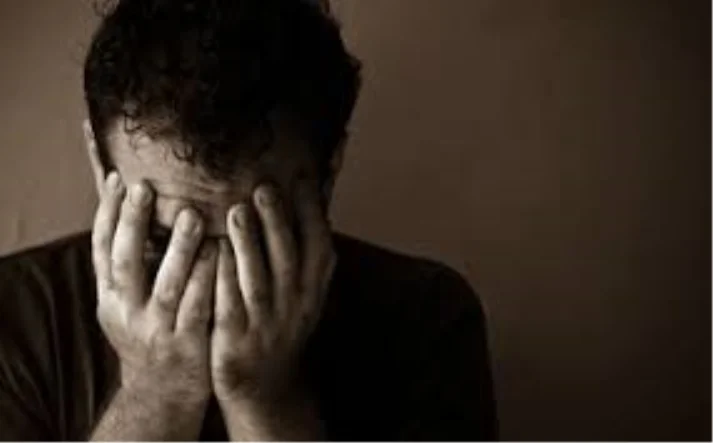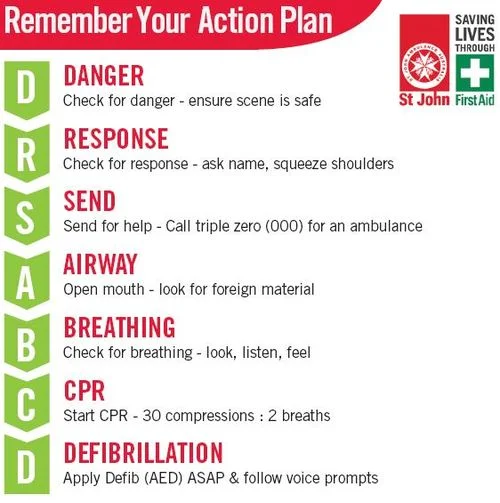What To Do After A Fight
/A violent conflict is a serious event. If you don’t manage to prevent or deescalate the situation and a fight ensues, you could face some significant personal risk. You need to know what to do post conflict - what to do after a fight.
First thing’s first, understanding the significant personal risk. This comes in three main forms:
1) Physical – the injuries sustained during the conflict. For example lacerations, bruises and broken bones.
2) Psychological – dealing with the mental trauma associated with facing and inflicting violence. For example: post-traumatic stress disorder.
3) Legal – ensuring your best standing in any legal proceedings arising from the fight. For example: assault charges.
Handling Physical Damage Post Conflict
Post conflict, you will be quite rattled and potentially injured.
After a fight, your first objective should be to ensure your own survival. Most likely this will involve seeking immediate medical assistance. So call emergency services and get yourself checked out. Blows to the head can cause a concussion, which can have long lasting implications. In addition, you may be bruised, lacerated, bleeding internally or have a broken bone and not realize it at the time.
The hormones released during a fight or flight response are great at getting your body ready for action and can subsequently hide damage from your awareness until you have sufficiently calmed down post conflict. I have heard of many people sustaining broken bones, damaged internal organs and even receiving stab wounds and not realizing until a while after the event. If untreated, serious consequences could arise.
Everyone should know some basic first aid, not only for self-defence situations, but also just for life. You should know that basics of stopping bleeding (apply pressure to the wound, elevate the injury and if there is something stuck in the person don’t remove it) as well as what to do with an unconscious person (DRABCD and recovery position).
This way you may be able to provide some lifesaving support for yourself or others until the experts arrive. Doing a basic first aid course will help you know what to do after a fight, and any other accident or situation.
Handling Psychological Damage Post Conflict
Most people are not geared to engage in physical violence. For many, the thought of inflicting damage upon a person makes them physically sick. If you have survived a violent assault by causing damage to the assailant, you may be confused and upset post conflict.
Despite the reassurances from others that ‘you did what you had to do’, you may still feel guilty, saddened or angry at yourself for injuring another person. This is a normal response, fighting is not a part of everyday life. Thus your actions were significantly different from what you would usually do. This could lead you to question and second guess yourself.
Another issue could be post-traumatic stress disorder. Extreme violence is traumatic and can have long lasting ramifications. Following these kind of events, you may feel anxious, scared, angry or confused. You may be reliving the event over and over in your mind, feeling the same fear. It can feel real, like you are back there and it's happening again. Regardless, and even if you ‘feel fine’. Please see a psychologist.
It is imperative that you seek psychological assistance, preferably by somebody who is a trained expert in the field of violence. They can provide support, assistance and advice as well as point you in the direction of the variety of services that your local community offers such as support groups. ‘Just dealing with it’ or ‘manning up’ works for some, but for most people talking to an expert can help them to move on.
Dealing With Legal Consequences Post Conflict
*Every state and country has different laws, therefore the following is general advice. Please research the law specific to your location.
Immediately post conflict, get to safety and call an ambulance – both for you and the other person. Regardless of what caused the conflict in the first place, calling emergency services shows that you care about the person and that injuring them was a last resort. If you don’t, and they are found damaged or dead, the consequences down the line could be significantly larger.
If possible, wait until you have calmed down to make a statement to police. Your brain will be racing and your memory a jumble. Even if you are completely innocent and acting in ‘justified’ self-defence, you may speak wrongly and accidentally incriminate yourself. Ask for a lawyer and follow their advice. This could mean waiting to give a statement, and implementing your right to remain silent.
Follow all of the instructions given to you. Remember the police are responding to a violent incident and want to secure the situation, they have just arrived at the scene and it may not be immediately obvious to them what happened. Regardless of your role in the conflict, you may be searched for weapons, arrested and even handcuffed. Comply with this, and reaffirm that you want to speak with a lawyer.
If you do give a statement, ensure that you state what happened and why you took those actions. Say how you tried using your words to deescalate. Explain why you couldn’t avoid the conflict and how you used the minimum amount of force necessary.
On The Appropriate Level Of Force:
Remember your goal is to escape, therefore the level of force should be just enough to accomplish this goal. Clearly this will be subjective depending on the size, weight and gender of the parties involved, where the incident occurred and who else was present.
You will need to justify why you did what you did, and the level of force you used. Also be aware that, if you had the opportunity to run, but chose to reengage then you could be seen as perpetuating the fight. It may no longer be considered a self-defence situation.
A couple of things to remember about the level of force:
- Everyone has a camera on them, so there is a high probability that the incident was recorded. Therefore, it may not be a debate of what you did, but why you did it.
- Victims of assault and home invasion have been charged and even incarcerated for their actions. Therefore, ensure that you know the law and follow legal advice.
- Call an ambulance for all parties involved.
- Always comply with police instructions.
Training is key. If you are a martial artist training for self defence, your instructor should cover more then just what to do in a fight. Learning about post fight safety (read my training philosophy here) along with avoidance and de-escalation is vital.
Remember,
Your safety is your responsibility and yours alone.
Read next:
Why BJJ Is The Best Martial Art For Combating Mental Illness
Why Artistic Expression Is A Mental Health Must
The Two Pieces Of Advice That Stopped Me Committing Suicide
In this From Surviving To Thriving PDF I go through seven guiding principles to maintain positive changes in your life.



